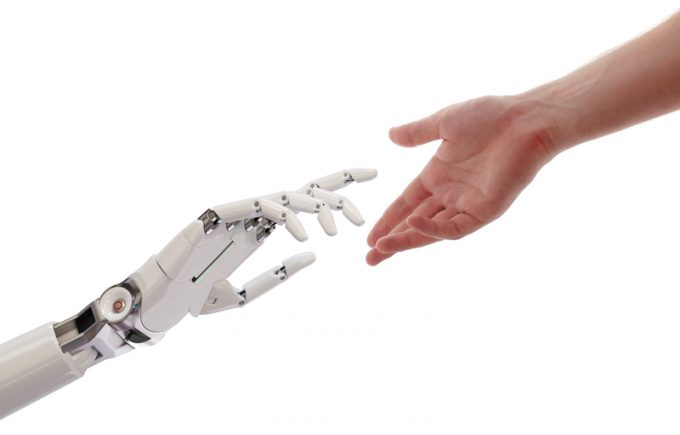AI series: don't be fooled by serious-seeming people with serious-seeming plans
The third in our series on AI in logistics examines the need for the human ...
EXPD: CASHING INCHRW: INSIDER SALEFWRD: TRADING UPDATETSLA: POWERING THE UKUPS: DRIVER DEAL EXTENSIONMAERSK: BEARS UPPING TARGETSCHRW: NEW HIGHS AND PAYOUT CONFIRMEDBA: GREEN LIGHTMAERSK: ONE UPGRADE AFTER ANOTHER FDX: STEADY YIELDCAT: DOWNSIDE RISKMAERSK: SOARINGMAERSK: CONGESTION RISK MAERSK: 'ACCELERATION OF GLOBALISATION' MAERSK: GEMINI NETWORK FLEXIBILITY
EXPD: CASHING INCHRW: INSIDER SALEFWRD: TRADING UPDATETSLA: POWERING THE UKUPS: DRIVER DEAL EXTENSIONMAERSK: BEARS UPPING TARGETSCHRW: NEW HIGHS AND PAYOUT CONFIRMEDBA: GREEN LIGHTMAERSK: ONE UPGRADE AFTER ANOTHER FDX: STEADY YIELDCAT: DOWNSIDE RISKMAERSK: SOARINGMAERSK: CONGESTION RISK MAERSK: 'ACCELERATION OF GLOBALISATION' MAERSK: GEMINI NETWORK FLEXIBILITY

We are all told daily – especially the forwarders and driversamong us – that our jobs are on the line; that we will be replaced by robots, or other new technologies. But this fascinating and heartening article in Forbes sheds doubt over this view of the future. It points out that while artificial intelligence is likely to change jobs, it will not necessarily remove them. There are many cases in point, but one is Accenture, which challenged its staff to find a way to use technology to automate parts of their job, and if they did so, they would be promoted to higher-value activities. 60% of those jobs were automated, yet not a single person was made redundant. It seems it is not man or machine – it’s man and machine.


Comment on this article